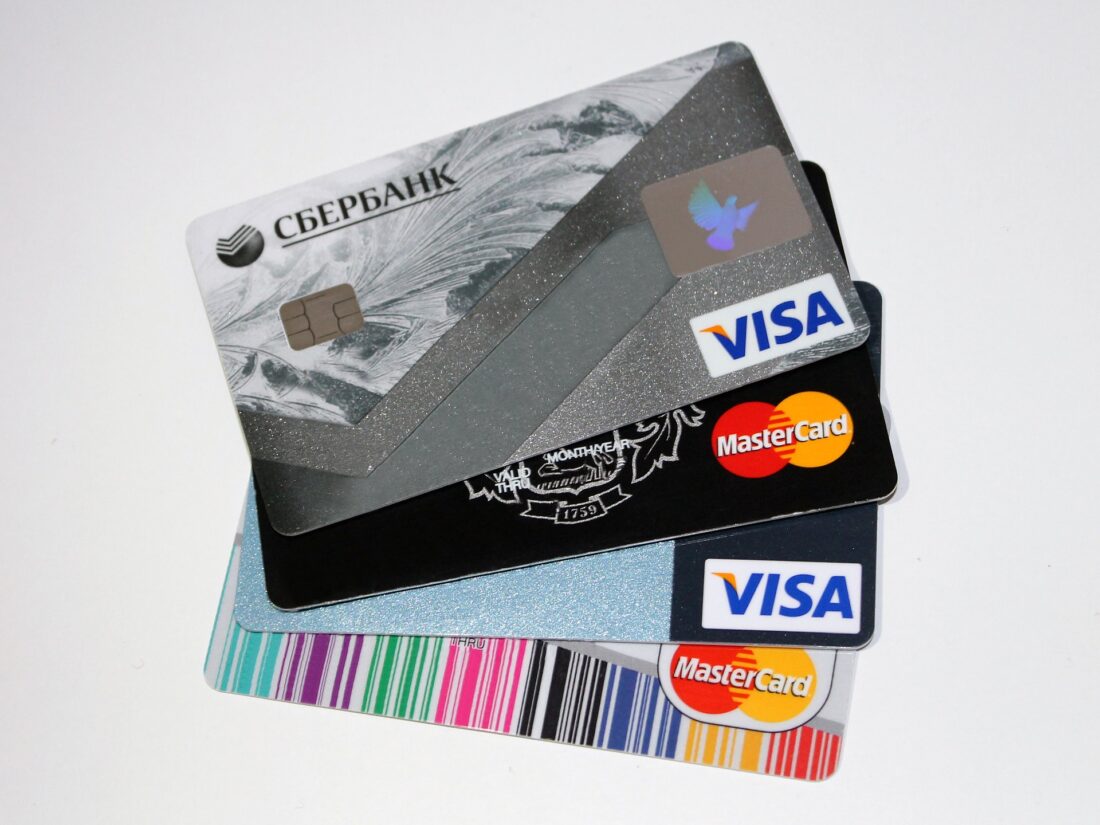Reasons to Avoid Maxing Out Your Credit Cards
 Living paycheck to paycheck can be an incredibly stressful experience, and at first, a credit card can seem like a blessing, allowing you to breathe just a little easier. But ever since their introduction to American society in the 50s, many have seen that blessing turn into a curse. Here are just a few of the reasons to avoid maxing out your credit cards.
Living paycheck to paycheck can be an incredibly stressful experience, and at first, a credit card can seem like a blessing, allowing you to breathe just a little easier. But ever since their introduction to American society in the 50s, many have seen that blessing turn into a curse. Here are just a few of the reasons to avoid maxing out your credit cards.
Rapidly Declining Credit Score
While some people may use a credit card to help them build their credit scores, there are certain key criteria that have to be met for it to be useful in that regard. One of the most important is something known as your credit utilization ratio. This has a hefty influence on your FICO score, as it makes up around 30% of your score. This credit utilization ratio is based on two things, your total credit limit, and how much of that limit you actually use. For simplicity’s sake, let’s say that you have a card with a limit of $100 in credit. You use $20 on gas. Your credit utilization ratio would be 20%. Generally, you’ll want to stay below 30% of what your credit limit actually is. Above that, and it’ll start reflecting badly on your report. This is because statistically, people that use up a higher portion of their credit limit are far more likely to default on their loans, and this is often one of the warning signs of bankruptcy.
High-Interest Rates
Another major issue with maxing out your credit card that should be immediately apparent on receipt of your bill is the high-interest rate. For credit cards, the average rate you’ll end up paying is a staggering 18%. This can quickly lead to your financial situation spiraling out of control. Once you’ve maxed out your card and found yourself unable to pay the bill, it’ll just keep rising higher and higher every month. At that point, you might find yourself in need of a credit card debt relief program to help you dig yourself out from under all that debt. And you’ll want to act as fast as possible because most credit card companies will actually raise the interest rate applied to your balance if you end up defaulting on a payment.
Paying the Price
Another possible consequence of maxing out your card is an even heftier bill than you were initially expecting. That’s because, under certain contracts, the credit card company actually has the right to charge you additional fees for maxing out your card. This can make it even harder for you to get back on your feet, as anyone who’s ever had to pay an overdraft fee at a bank before would know.
What Should I Do if I’ve Already Maxed It Out?
If you’ve already maxed out your credit card, the first thing you should do is try to make a mid-month payment. By putting in a partial payment before your bill’s due date, it’s possible for you to actually lower your credit utilization ratio before the card provider sends the information out to the credit bureaus. While it likely won’t prevent all the potential damage to your credit score, it can go a long way. It can also help you reduce the overall amount that would’ve been added on from interest, saving you from a potentially massive bill. Otherwise, if you don’t have the cash on hand to pay off your debt, you’ll most likely want to get into contact with a credit card debt relief program as soon as possible. The sooner you get it taken care of, the less damage to both your credit score and your financial future will take place. And while these are just a few of the reasons to avoid maxing out your credit cards, hopefully, you won’t have to experience any of the others yourself.









